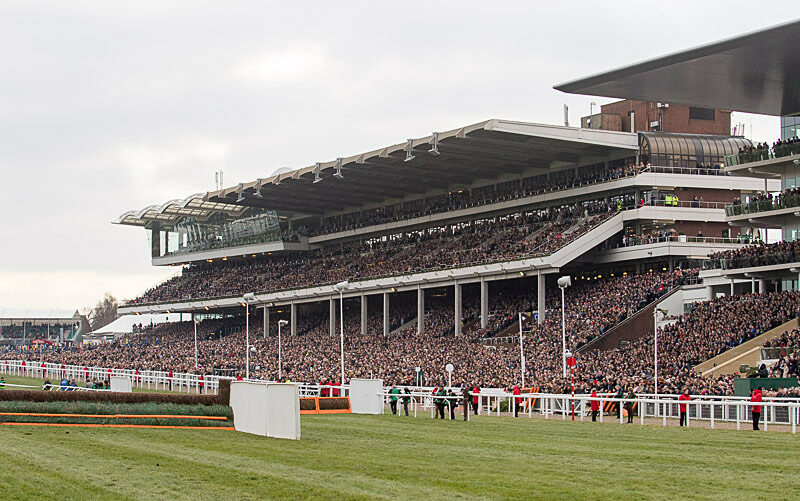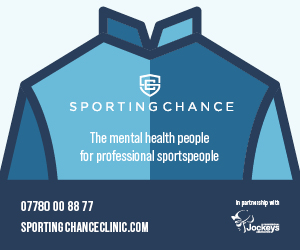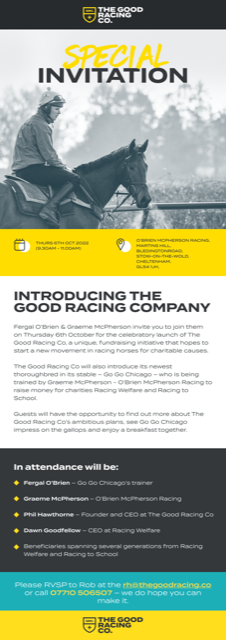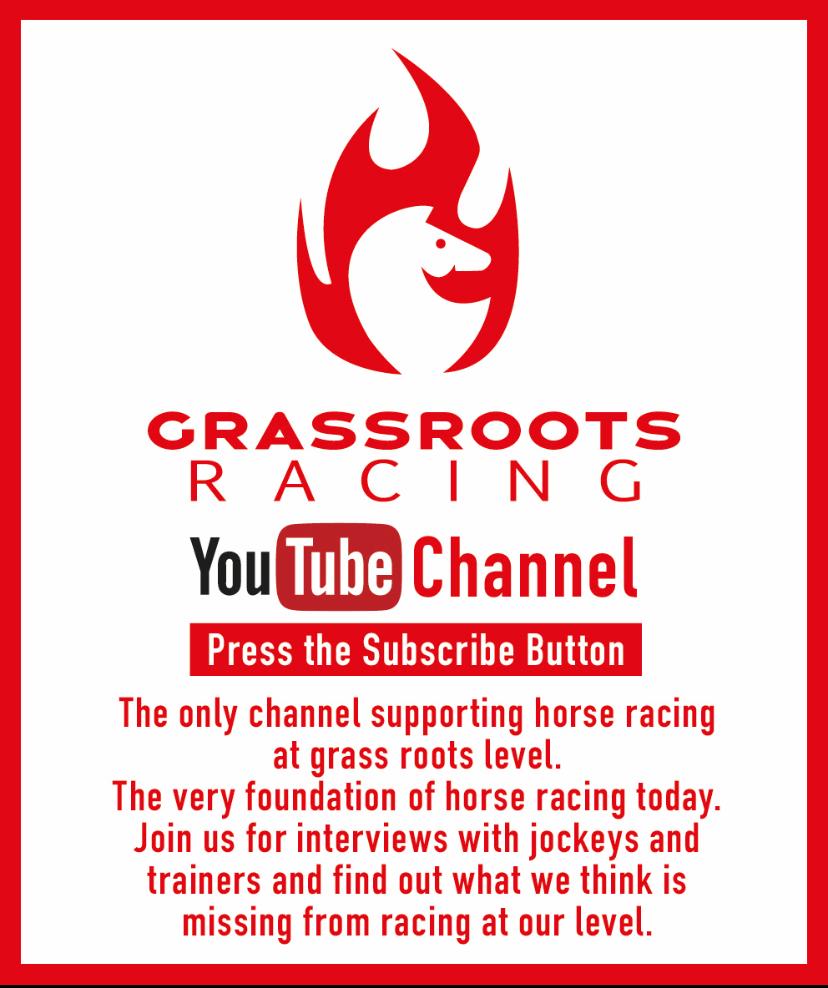Horse racing has long had its associations with alcohol, from sponsored races to the fact that every festival, thousands and thousands of pounds is spent on the substance, but has it hit breaking point?
We’ve all seen the fights at racecourses over recent years, fuelled by alcohol and drug abuse, while more and more jockeys have spoken out about their problems with alcohol in order to deal with the stress and hectic schedules they’re put through.
A number of jockeys have previously spoken out about their battles and recoveries, following spells in alcohol and cocaine rehab, with Kieran Shoemark discussing a few years ago how injuries led him to substance abuse, and an eventual six month suspension for failing a drugs test.
He told the Racing Post at the time, “I never really got my career back on track after an injury at Lingfield. My drinking was worse than ever and I was taking cocaine a lot during the week.
“I was walking around and driving to the races in an absolute state of fear worrying whether drugs testers would be there. It was no way to live.
“I encourage anyone going through issues to reach out. There’s so many like-minded people who can help and you’re not alone.”
That came as part of a campaign produced by the Jockeys Education & Training Scheme alongside the Professional Jockeys Association, and, two years on, just how much has it helped change the sport?
Perhaps not.
Oisin Murphy, the 2019-2021 British flat racing champion jockey is currently in the middle of a 14 month suspension from racing after heavy drinking led to two breaches of the alcohol rules in 2021, and if that’s happening at the very height of the sport, then it will undoubtedly be elsewhere too.
Murphy told the BBC following his suspension, ““When I was happy I would drink, when I was sad I would drink. I might last a week or sometimes a month [without alcohol] but it would spiral out of control again.”
He spoke about blacking out every night of the week during the Goodwood Festival in 2021 and discussed how the pressure of racing led him to that.
More and more help is being made available by the Professional Jockeys Association, and we’ll likely see more and more jockeys seeking it as the pressures of being a professional athlete in a social media driven world continue to increase.


















